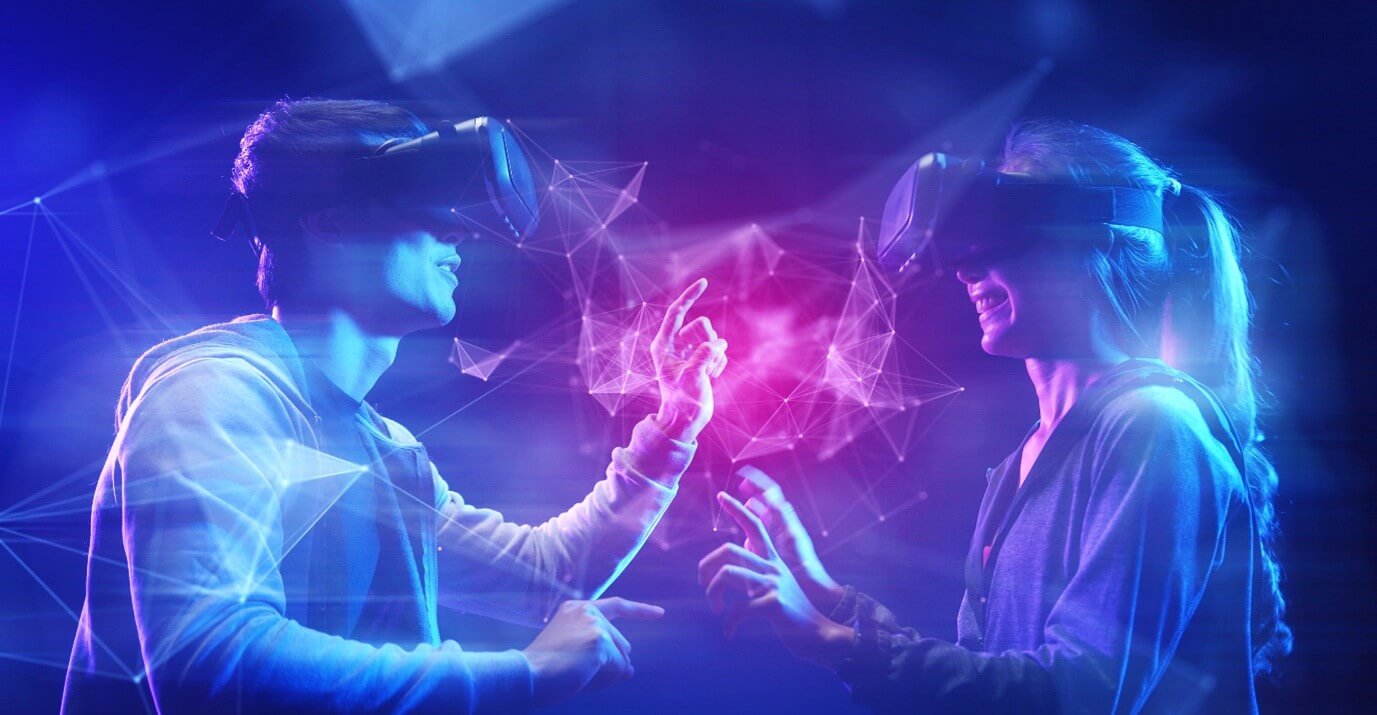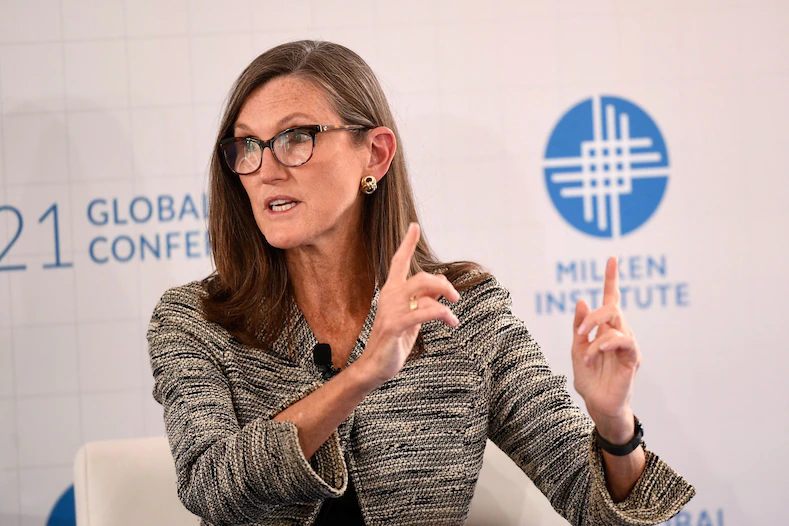The metaverse has been part of the literary and entertainment canon for thirty years. Today, we are approaching its realization.
What is the metaverse?
The “metaverse” is becoming an increasingly important subject. As with the internet at its beginnings, nobody is certain of what the metaverse is, as it seems that the definition varies depending on the source.
The term “metaverse” was first coined in Neal Stephenson’s 1922 cyberpunk novel “Snow Crash” and was used to describe an imaginary place seen through virtual reality goggles where users build things, interact with each other, and go beyond what reality permits, without the laws of time and physics.
The common definition of the metaverse is the following: “a virtual-reality space in which users can interact with a computer-generated environment and other users.” It is a digital reality that combines aspects of social media, online gaming, augmented reality (AR), virtual reality (VR), and cryptocurrencies to allow users to interact virtually.
The metaverse is essentially the next major evolution of the internet. Replacing our relatively “flat” internet experience today, it could be a more immersive experience where the user goes beyond the screen and can almost physically see, touch, and talk to others as if they were there. Communicating at a distance is nothing new (Zoom, WhatsApp, telephone) and neither is using avatars in a virtual world (Habbo, Roblox, and video games), but making it look like a quasi-real experience is the next crucial step, blurring the line between fiction and reality.
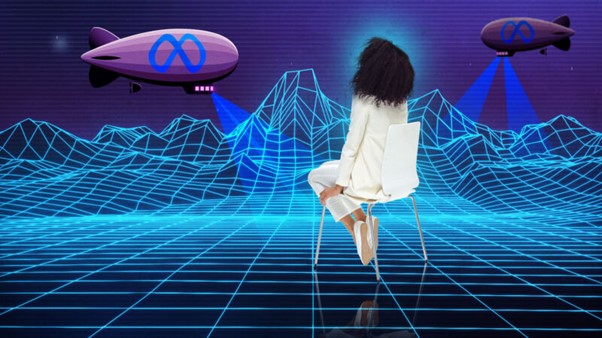 Image source: Ars Technica
Image source: Ars Technica
How might the metaverse transform our world?
As you might have understood, the metaverse goes far beyond online video games. There is no need to be alarmed by movies such as Ready Player One or the Matrix. What companies such as Meta propose is, before all else, a redefined internet experience, replacing the flatness of our computer screens with an impression of reality.
With the metaverse, it will not only be possible to communicate and see each other as if we were standing in the same room, using virtual headsets and avatars, but it will likely be possible to visit shopping malls or a new house from our sofa.
We will be able to attend virtual concerts, to visit places in the world we could never dream of traveling to – or simply, that do not even exist. In the same logic, we could perhaps experience things impossible in our physical world. What about an amazing light show in an arena larger than any ever built, a visit to Mars, or even to Middle Earth?
Additionally, an entire secondary economic landscape could be created. Users could buy property within a metaverse such as land, art, real estate, vehicles, and trade with real-world money. The possibilities are endless. This concept is a door to new realities, which could broaden the scope not only of economic possibilities but of how we view and experience the world.
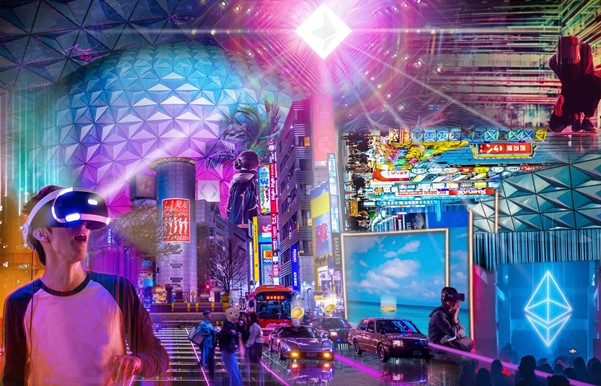 Image Source: Coincu news
Image Source: Coincu news
Buying land in the metaverse?
One of the hardest ideas to grasp for the public was the acquisition of land in the metaverse. After all, why spend tens of thousands, if not more, on an entirely digital piece of land? Doesn’t this seem like an expensive Sims game? Is there a way to make money with this outside of speculation and reselling?
Of course, there is. To understand, you have to take the reasoning further. If we are in a metaverse, and Elon Musk is giving a virtual talk in a particular building, say a conference room or even a stadium. Such an event will attract many users. One could imagine buying the land around the stadium and renting out the space for advertising. This could be a quick opportunity for Wendy’s to tell the public they have burgers on sale.
Another example of the use of one’s land is to build, say, a domino’s pizza stand. Through an API, a user could use the booth to order a pizza to his real home, pay with bitcoin or any cryptocurrency, all this without even leaving the game.
Yet again, these are only some of the endless possibilities opened by the metaverse. Decentraland, a decentralized 3D metaverse that consists of 90,601 parcels of land, has already sold every piece of land, meaning that only the secondary market is open to acquire lands. Now, with such scarcity, imagine what big corporations will be ready to pay for the most strategic pieces of land…
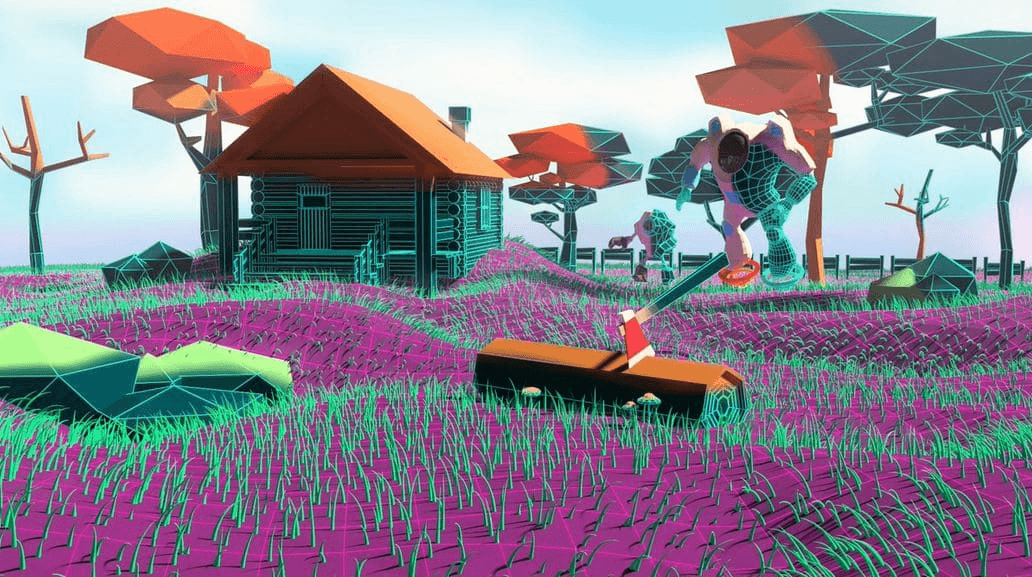
Source: Decentraland
One or multiple metaverses?
There is a difference between a metaverse and THE Metaverse. There can be multiple metaverses, closed to only certain users. For example, a Zoom conference room is technically a metaverse, and so is a Fortnite game. Participants share the virtual space, even if only for a couple of hours. Massive multiplayer online role-playing games such as World of Warcraft also encompass a world where users can play, exchange, and interact.
In contrast, and from a more global perspective, there could be THE metaverse, which would be the sum of all these metaverses, and where one could imagine interconnectivity that would allow every single internet user to take part. THE Metaverse would have a shared set of broadly agreed-upon standards to which every user – company, landowners, players – will have to comply with.
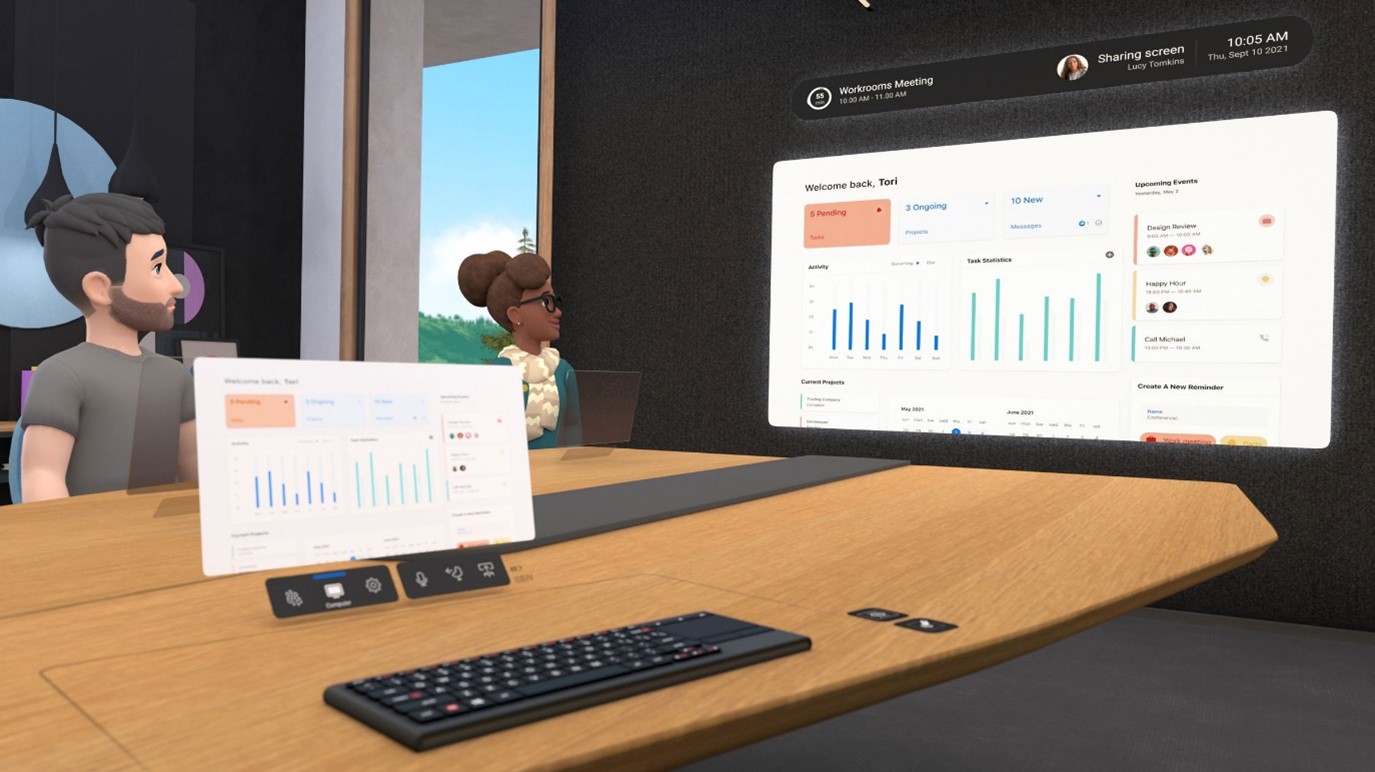
Limitations
Of course, the idea is seducing – or frightening – but there is still a long way to go.
There will first be an issue of processing power. Connecting the world to a globalized, life-like-looking server will take an enormous amount of computing power that our computer scientists have yet to come up with.
Also, the standards needed to build and interconnect metaverses to create one will likely take decades of regulatory talks. There would need to be laws on how to govern this alternative universe, guidelines on how properties will be established, what currency will be used to trade, the question of legal age for some activities.
Other limitations will certainly arise. In the end, it is an entirely new society that is being built. The next question will be: what kind of world do we need and want to build? Replicating our world and beyond might be interesting, but developers ought to instore similar, if not better, rules and values to govern it.
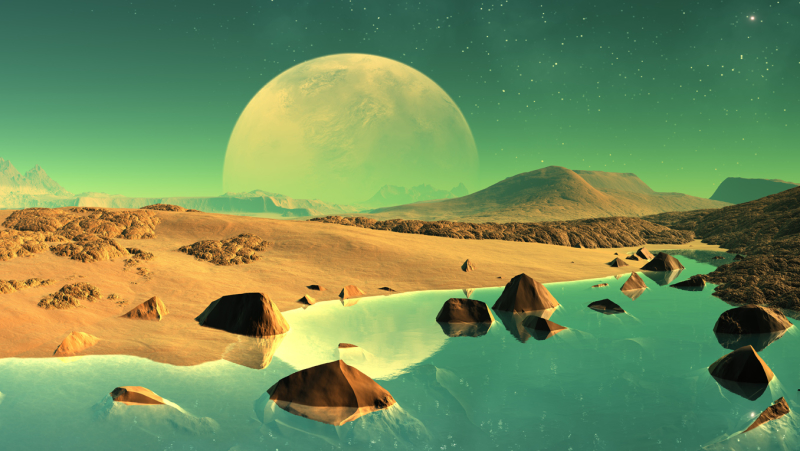
Image source: Wired, Meta


